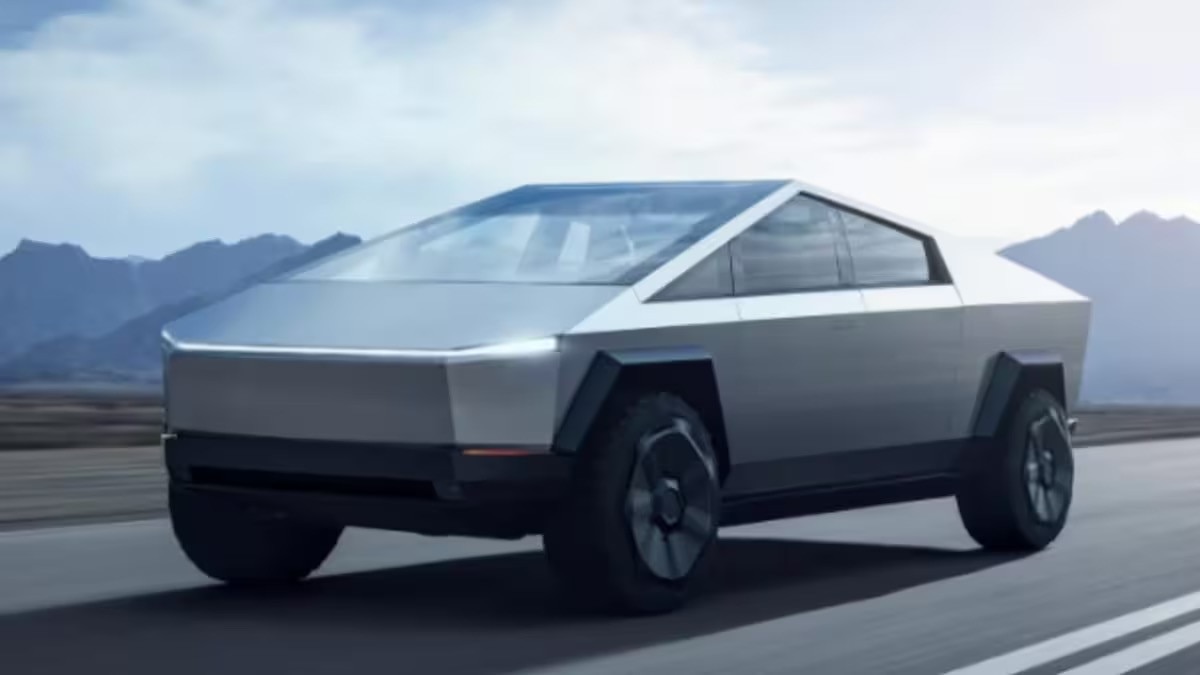Do electric cars pollute more than combustion engine ones?

The transition towards electric mobility it is a particularly divisive topic, especially in a country historically linked to car ownership like ours, and one of the most debated points is the actual savings in environmental terms by vehicles a drums (by the way, do you know what solid state batteries are?).
The question is as simple as it is pressing: the electric cars they pollute less or more than cars a heat engine? If you look at the cars the answer might seem simple, as the former do not produce residues due to combustionby analyzing the entire life cycle the situation becomes more complicated, and a study of the VDI, the association of German engineers has shed some light on the issue. Discovering that on average the electric cars they pollute less, but only afterwards 90,000 km.
In the study carried out in collaboration with the Karlsruhe Institute of Technology (KIT), they were compared three types of vehicles, electric cars (Volkswagen ID.3), hybrid (Ford Focus mild hybrid, Toyota Corolla full hybrid and Volkswagen Golf plug in hybrid) and cars with a internal combustion (Ford Focus petrol and Golf diesel).
The main problem is the battery production, an extremely polluting process due to highly intensive processes of resource exploitation and currently almost exclusively carried out by the Asian industry. It’s not just there production to generate pollution, even the transport has a notable impact, and the two phenomena combined create a “ballast” to be disposed of compared to internal combustion vehicles (in the image below you see the CO2 emissions by the various components of a car and in yellow you can see how the batteries are the most polluting).

CO2 emissions from the various components of a car. Batteries in yellow. Source: VDI
As can be seen from the graph, the larger the drums, more pollutes, in fact uselessly because the majority of users do not need extremely large batteries as they use the car for short daily journeys.
So here’s to make up for this environmental impact the electric cars they start to be cleaner only after 55,923 miles (90,000 km), while considering the life cycle as a whole, 124,274 miles (200,000 km), they are a decidedly cleaner choice green.
At the end of its life, an electric car will have produced 24.2 tonnes of emissions CO2compared to the 33 tons of a diesel car, over 36% more.
What about hybrid cars? According to the study, at the end of a vehicle’s life plug-in hybrid should emit 24.8 tons of CO2only 0.6 tons more than an EV.
Then there is another consideration to make: the source of the electricity. In fact, if an electric vehicle is powered by energy coming from fossil fuelsit could take up to 99,419 miles (160,000 km) to become greener than an internal combustion vehicle, effectively equalizing CO2 production, but shifting it from roads to thermal power plants.
In short, the study concludes, there is ample space for improvement. First of all the production (and recycling) of batteries, and secondly the need for one eletricity grid which is based on renewable sources or at least which do not produce CO2.
The study also concludes by encouraging the use of plug-in hybrids and gods so-called e-fuelswhich recalls the recent agreements between the EU and Germany which will allow the production of vehicles with this technology even after 2035 (and the controversy over the exclusion of biofuels proposed by Italy).
Without going into the merits of the matter, as this closure will certainly have a good number of detractors, just as the study will fuel the debate between promoters of electric mobility and the most critical ones, they will all agree on one point: the invitation to make greater use of rail transport in urban areas.
AlVolante



